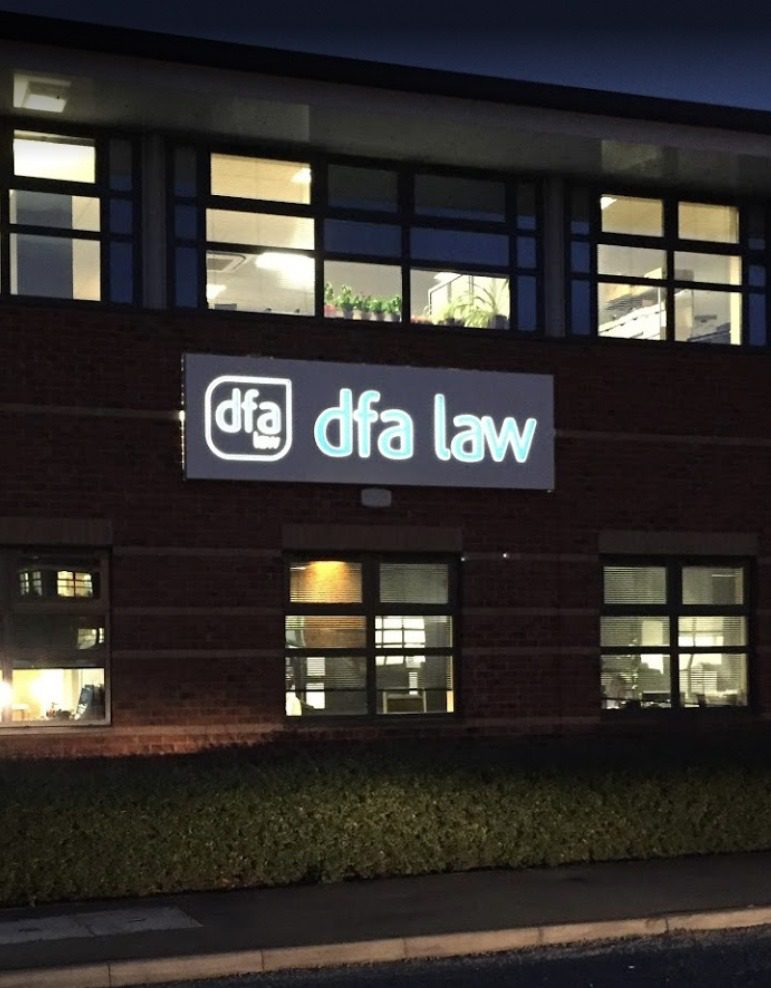People are likely to deal with residential property law at least once in their lives,…

New RICS Code For Leasing Business Premises
PLEASE NOTE: Information in this article is correct at the time of publication, please contact DFA Law for current advice on older articles.
The new RICS Code for leasing business premises was published on 12 February 2020 and takes effect from 01 September 2020.
The significant difference between the new Code and the 2007 Lease Code is that the new Code contains mandatory provisions which must be complied with by RICS members and firms regulated by RICS.
What are the mandatory provisions?
Negotiations must be approached in a constructive and collaborative manner in an aim to produce letting terms that are clear, comprehensive and achieve a fair balance between the parties.
A party not represented by a RICS member or other property professional must be advised by the other party or their agents about the existence of the Code and must be recommended to obtain their own professional advice.
Heads of Terms must be provided before the initial draft lease is circulated (the Landlord or their letting agent is responsible for compliance) and there is a list of requirements to be included in the Heads of Terms.
Heads of Terms
As a minimum, the Heads of Terms should include:-
- Extent of the premises – the Landlord is required to produce a Land Registry compliant plan, if the lease is registrable.
- Term – length, any options to renew or break, whether the Landlord & Tenant 1954 Act will be excluded
- Rent – amount, frequency of payment, VAT inclusive, rent-free period, any rent reviews and the basis of review
- Rent Deposits and Guarantees – are any required
- Other outgoings – liability for business rates, service charge and insurance rent
- Rights – any specific rights to be granted e.g. parking
- Repairing Obligations – who is responsible for repairing what parts of the property, is a Schedule of Condition to be carried out and if so, by whom
- Alterations – including any initial fit out and reinstatement provisions
- Alienation – including rights to assign, underlet, charge and share the property
- Permitted Use –and whether any change of use is permitted
- Conditions –whether there are any surveys, board approvals or planning permission required
A template Heads of Terms can be located at Appendix A of the new Code, which is a good place to start to guarantee that your Heads of Terms conform to the requirements of the new Code.
Which tenancies does the new Code apply to?
All lettings to tenants carrying out trade or business activities for a period exceeding 6 months including new leases and lease renewals / extensions.
It excludes agricultural lettings, plant (e.g. telecoms and electricity transformer leases) and advertisement hoardings.
View the new Code.
If you would like further information on anything contained in the above or in relation to Commercial Property in general, please get in touch here.



